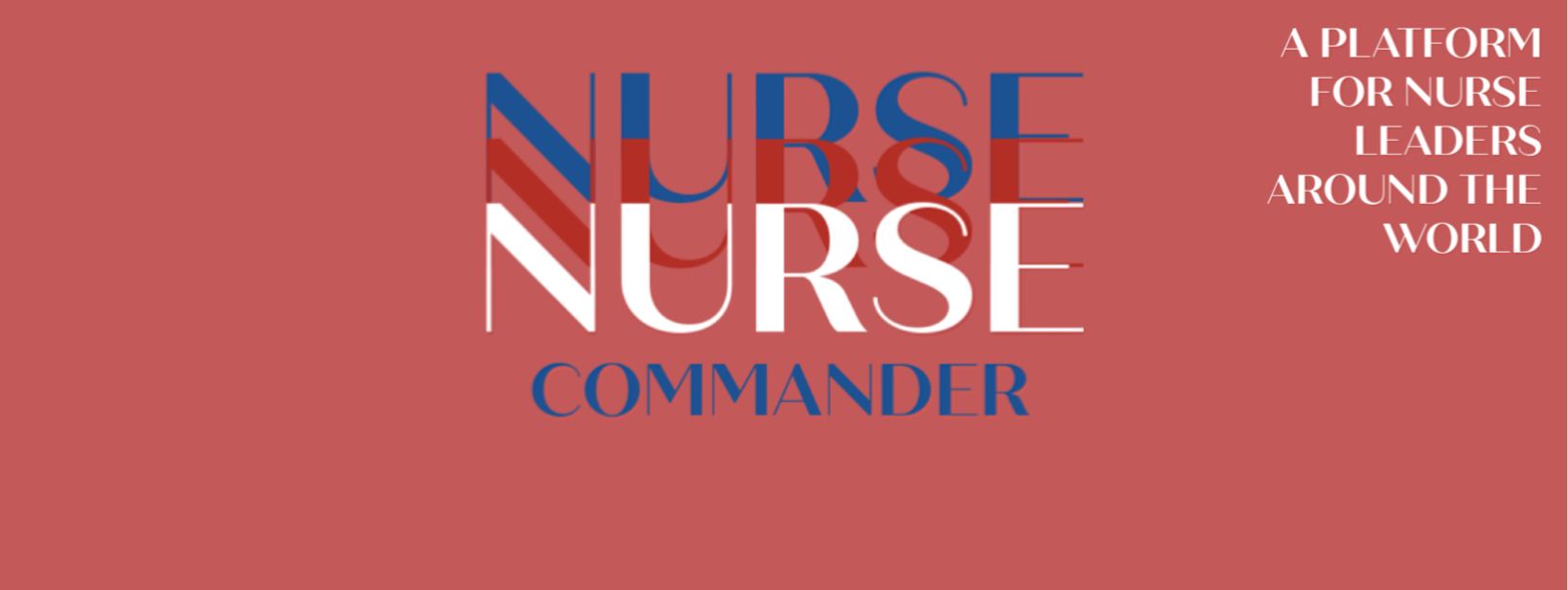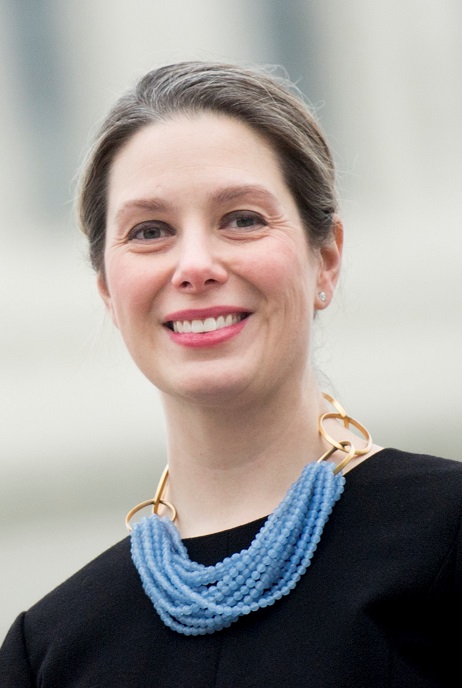Suzanne Miyamoto, PhD, RN, FAAN, is the Chief Executive Officer of the American Academy of Nursing. Dr. Miyamoto previously served as Chief Policy Officer of the American Association of Colleges of Nursing and has worked with the National Institutes of Health, The Joint Commission’s Nursing Advisory Council, and the Nursing Community Coalition. Dr. Miyamoto teaches health policy to nursing students at Georgetown University in Washington, D.C. She was a 2014 Executive Nurse Fellow at the Robert Wood Johnson Foundation and was inducted as a Fellow of the American Academy of Nursing in 2015.
Much of Dr. Miyamoto’s career in health policy has focused on emphasizing the nursing voice to policymakers. “Health equity is front and center of the policy work at the Academy. Racial disparities impact public health. The coronavirus pandemic has illuminated persistent challenges based on social determinants of health— where people live and work— that impact access to care and care delivery. This requires addressing the unjust systemic inequities communities face and where substantive change needs to occur. Policies must be enacted to hinder the reoccurrence of these unrelenting injustices. Achieving health equity and respecting human dignity is at the center of nursing’s core values. Nurses must stand up to racism and all forms of oppression. To do this, we have to learn and grow as individuals and a profession. Nursing leaders have a heightened responsibility and ethical duty to use their expertise and evidence to advance the agenda and impact health equity,” said Dr. Miyamoto.
Dr. Miyamoto believes it is critically important for an organization to define priority areas for impact and to strategically align their actions with available resources. “When faced with finite resources it is important not to be spread too thin. Every action counts and we need to be strategic in our communications by framing our messages to the intended audience. This requires listening intently to better understand challenges and to learn more about where others are coming from in order to appropriately address issues and find better solutions. Communication is even more effective when prepared with data and evidence to support it,” says Dr. Miyamoto.
Challenges are too complex for one profession or individual to solve alone. Nurses should not feel they need to try to do this work solo and should continue to take actions that create impactful and sustainable community partnerships. “We each play a role and need to identify our areas of strengths and knowledge to forge powerful connections to impact change. Relationships are critically important to creating these partnerships and are established based on trust and respect. Nurses are inherently grounded in relationships and can leverage partnerships, use communication platforms innovatively, and strategically get their messages out,” said Dr. Miyamoto.
Call to action
“It is not just about credentials. It is how you bring your presence to the table and how you articulate your message. People watch your actions, how you communicate your message, and how your messages are being formulated,” said Dr. Miyamoto
Be your authentic self and support each other. Find your passion, leverage individual skillsets, and make connections to impact change within your community.
Define priorities early and make sure actions align with priorities and resources.
Own your message! Use evidence to present confidently. Frame messaging for the intended audience and leverage appropriate communication platforms.
Rethink and reimagine partnerships. Identifying partners outside of nursing in the community— at the local, state, and federal levels and leverage partnerships for impactful change.

